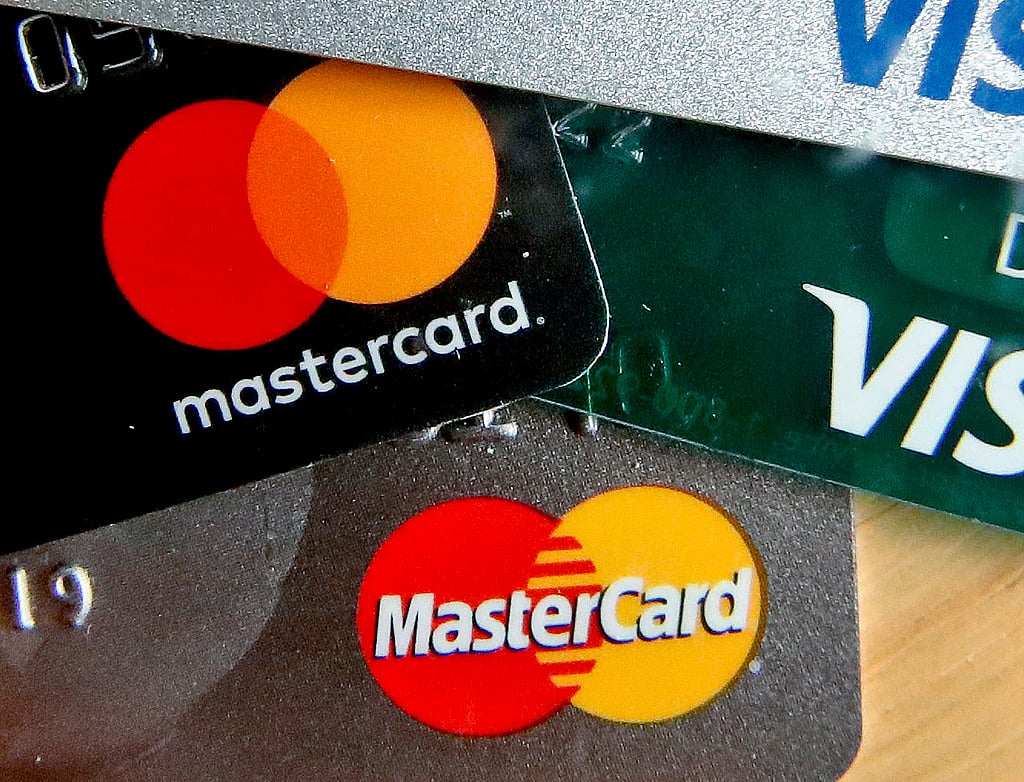UAE shoppers to face card refusals after new Visa–Mastercard ruling in US?
Major US Visa–Mastercard ruling can push global card costs up, with UAE shoppers at risk

Dubai: A landmark legal settlement in the US is challenging the way Visa and Mastercard treat premium credit cards — and the decisions being made there could create new cost pressures that eventually filter into everyday purchases in the UAE.
The settlement gives US retailers more power to reject expensive, high-reward cards and to pass certain fees directly to shoppers. That shift matters because the UAE relies heavily on premium credit cards for daily spending, travel, and e-commerce — and any change to the global economics of rewards cards can raise costs for consumers here.
Card fees change with countries
Card fees, acceptance rules and reward-funding models rarely stay confined to one country. When the world’s two biggest payment networks adjust their systems in the US, banks and retailers in other regions often follow.
Several global trends typically spread outward once they gain traction:
rising processing costs for premium cards
tighter rules on expensive reward tiers
higher fees for banks that issue cards
revised merchant acceptance standards
For UAE shoppers, that combination can translate into higher prices at checkout, costlier annual fees, weaker rewards, or new surcharges on certain card payments.
Global risks for UAE cardholders
1. Rejection of some premium rewards cards
For the first time, US retailers may decline Visa Infinite or World Elite Mastercard while still accepting lower-tier cards. These are the same tiers many UAE residents rely on for miles, cashback and airport lounge access.
2. Premium cards most expensive to process
These cards carry the highest interchange fees — the core issue behind two decades of litigation. If banks earn less in one market, they often adjust fees or rewards in others.
3. Being charged extra to use a high-fee card
Surcharges are now allowed in the US. If such practices spread globally, shoppers using premium cards could see extra fees added to bills. A 1%–1.5% surcharge can instantly reduce the benefit of a card offering 3–5% cashback.
4. Entire card reward structure gets changed
While a U.S. settlement would cut interchange fees for five years, analysts say banks may look to recoup lost revenue in other markets or through changing reward structures.
5. Rewards programmes could be scaled back
If banks collect less revenue from processing fees internationally, they may adjust:
cashback rates
points multipliers
lounge access rules
annual benefits bundles
This reduces the value you get for the fees you already pay.
No change in the UAE as of now
The US settlement signals a major shift in how premium cards are handled globally — and the UAE is one of the most rewards-driven markets in the world.
When payment networks change fee structures, the first impact usually appears in:
reduced cashback or points
higher annual fees
tighter lounge-access rules
new limits on premium card acceptance
That’s why the risks for UAE cardholders are real, even if nothing has changed yet.
What UAE cardholders must do next
1. Reassess high annual-fee cards
If you pay Dh1,000+ per year, make sure the benefits outweigh the cost.
2. Keep a lower-tier card in your wallet
Use premium cards for high-value transactions and a mid-tier card for daily spending.
3. Track announcements from UAE banks
Watch for changes from Emirates NBD, FAB, ADCB, Mashreq and others on:
acceptance rules
rewards revisions
fee updates
4. Don't depend on single rewards card
Diversifying protects you if acceptance rules or benefits change.
Sign up for the Daily Briefing
Get the latest news and updates straight to your inbox
Network Links
GN StoreDownload our app
© Al Nisr Publishing LLC 2026. All rights reserved.
